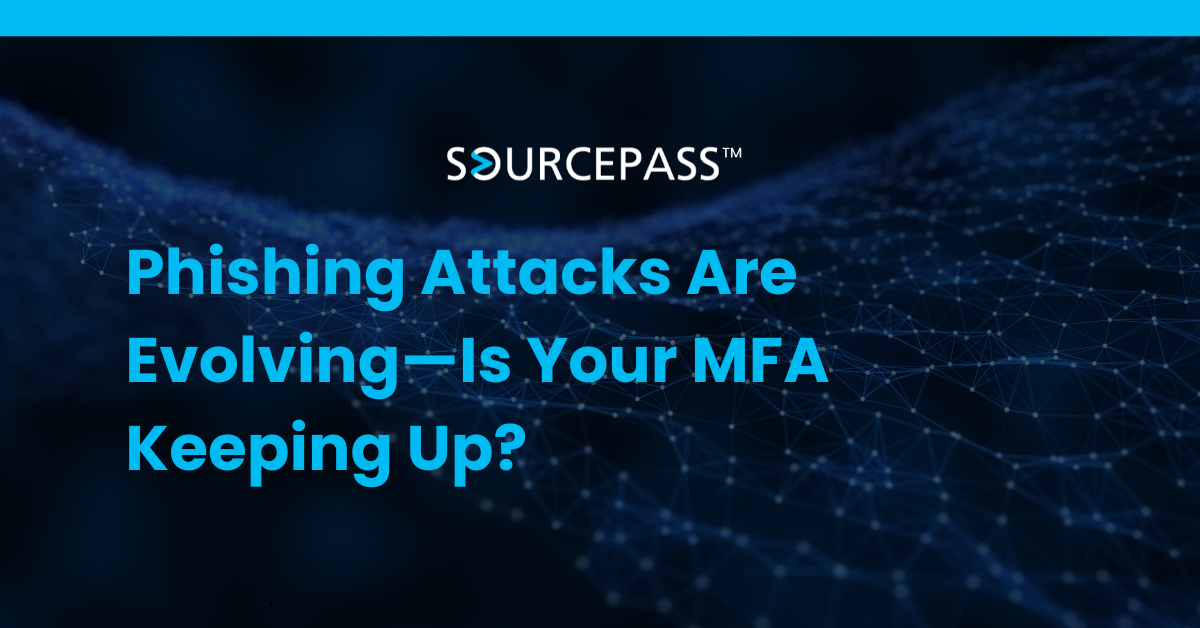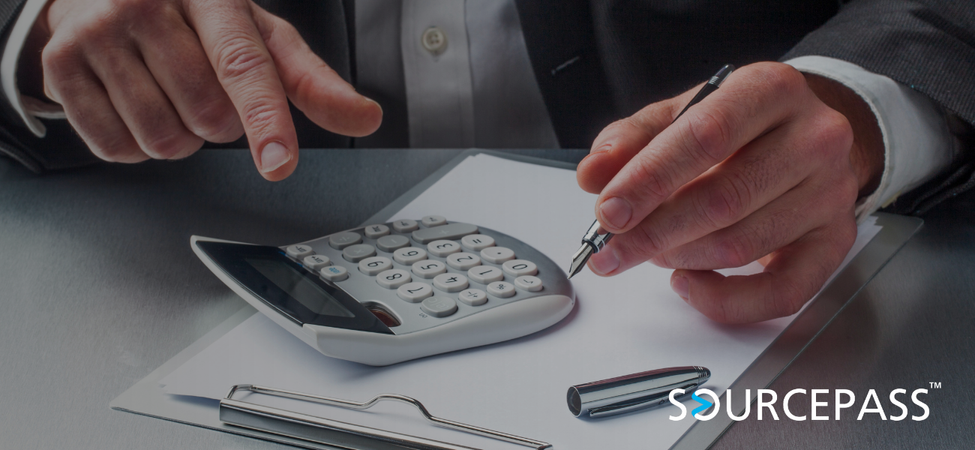Phishing Attacks Are Evolving—Is Your MFA Keeping Up?
Aug 25, 2025 Alex Davis Security & Compliance | Cybersecurity 2 min read



Phishing attacks are no longer limited to deceptive emails asking users to click a suspicious link. Today’s attackers deploy advanced techniques that bypass traditional multi-factor authentication (MFA), including token theft and session hijacking. Many organizations believe that enabling SMS or app-based MFA is enough, but recent incidents prove otherwise. The critical question is: is your MFA strong enough to withstand modern phishing attacks?
The New Reality of Phishing Attacks
Traditional MFA, such as SMS codes or time-based one-time passcodes (TOTPs), once offered an effective defense. However, attackers have evolved:
-
Token Theft: Real-time phishing kits intercept MFA codes and hijack authentication tokens, granting attackers ongoing access to accounts.
-
Session Hijacking: Once a valid session is created, attackers use stolen cookies to bypass authentication entirely.
-
Phishing-as-a-Service: Affordable kits and platforms make advanced attacks available to less sophisticated threat actors.
In recent months, multiple organizations have reported repeated phishing attempts in short periods, with attackers successfully bypassing app-based MFA by stealing session tokens.
Why Traditional MFA Falls Short
Legacy MFA methods fail because they are not tied to a specific device or cryptographic key. Attackers can capture or replay codes, making these methods increasingly unreliable. For SMBs and mid-market organizations, this creates a dangerous false sense of security: the belief that “we have MFA, so we’re safe” is no longer valid.
How Advanced MFA Stops Token Theft
Phishing-resistant MFA methods prevent attackers from reusing stolen codes or tokens:
-
FIDO2 Security Keys (e.g., YubiKeys, Windows Hello for Business): Authentication is cryptographically bound to the device, making token theft useless.
-
Passkeys: Passwordless authentication built into devices that resist phishing by eliminating reusable credentials.
-
Microsoft Authenticator with Number Matching: Requires the user to confirm a matching code, thwarting many real-time phishing attempts.
These methods ensure that only the authorized user on a trusted device can access critical accounts.
Real-World Impact of Upgrading MFA
Organizations that have adopted phishing-resistant MFA report a significant drop in account takeover incidents. For example:
-
One financial services firm reduced successful phishing attempts by more than 90% after deploying YubiKeys for executives and administrators.
-
An SMB in the healthcare sector experienced repeated token theft attacks with app-based MFA, but once FIDO2 keys were rolled out, the attacks failed entirely.
These cases illustrate that advanced MFA is not only effective but essential.
Strengthening MFA with Policies and Monitoring
Authentication is only one layer of defense. To maximize protection, organizations should:
-
Deploy Conditional Access Policies in Microsoft 365 to require compliant devices and block high-risk sign-ins.
-
Enable Defender for 365 and Cloud App Security to detect unusual sign-in patterns.
-
Limit App Permissions to prevent malicious OAuth applications from persisting after compromise.
Conclusion
Phishing attacks are evolving, and attackers are actively bypassing traditional MFA through token theft and session hijacking. The only reliable defense is phishing-resistant MFA, combined with strong conditional access policies and ongoing monitoring. SMBs and enterprises alike must upgrade their authentication methods to stay ahead of these threats.
The bottom line: MFA is no longer enough unless it is modern and phishing-resistant.
Subscribe To
Sourcepass Insights
Sourcepass Insights
Stay in the loop and never miss out on the latest updates by subscribing to our newsletter today!
.png?width=500&height=100&name=White%20Logo%20-%20Transparent%20Tag%20(3).png)



